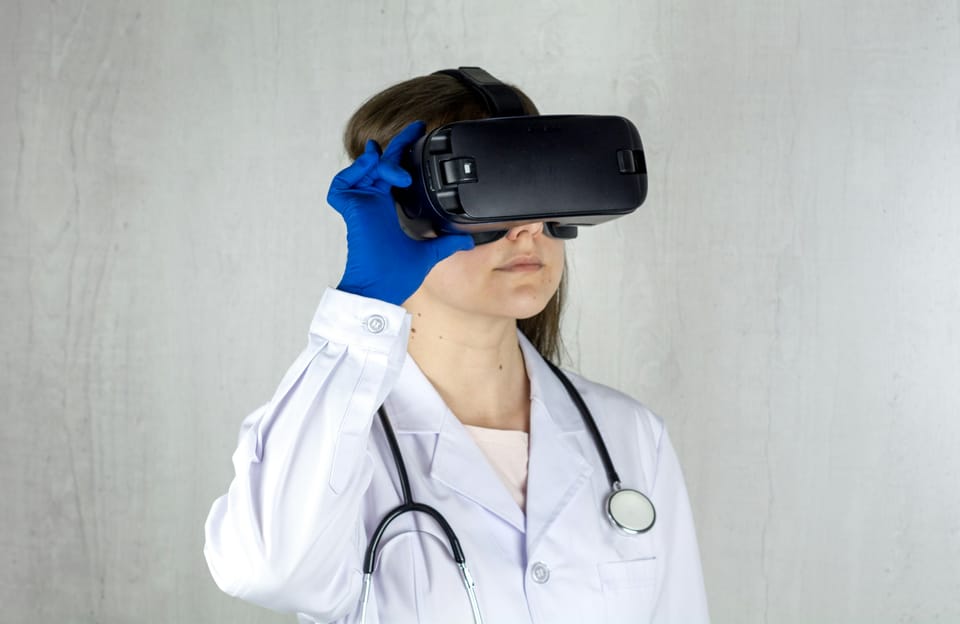Sustainable Healthcare: Harnessing Tech for a Greener Future
Table of Content
As global attention shifts towards sustainability, healthcare systems worldwide are exploring innovative solutions to reduce their environmental impact. From energy-efficient hospital designs to reducing medical waste, there is a growing recognition that healthcare must evolve to be more eco-friendly.
Technology is playing a pivotal role in this transformation, enabling hospitals and healthcare providers to implement greener practices without compromising patient care.
Clean Energy Solutions for Healthcare
One of the most impactful changes in sustainable healthcare involves energy use. Hospitals are major energy consumers, relying on consistent, uninterrupted power to maintain life-saving equipment and critical care services.
Traditional energy sources, such as fossil fuels, contribute to carbon emissions, making it crucial to explore cleaner alternatives.
Many healthcare facilities are now turning to renewable energy options, such as a solar generator, to provide reliable backup power during outages or to supplement their main power sources.
Solar power offers hospitals a way to reduce their carbon footprint, while maintaining the necessary power to operate essential medical devices. Integrating solar technology can lead to long-term cost savings and a more resilient energy infrastructure, particularly in areas prone to power disruptions.
Waste Reduction Through Digitalization
In addition to clean energy, digital technology is transforming how healthcare facilities manage resources and reduce waste.
Paper-based systems, while once the norm, have been replaced by digital health records, which significantly cut down on paper use. By adopting electronic health records (EHRs), healthcare providers can streamline data management, minimize storage needs, and eliminate the waste associated with physical documentation.
Telemedicine is another area where technology helps reduce the environmental impact of healthcare. Remote consultations decrease the need for patient travel, leading to fewer carbon emissions from vehicles.
Additionally, telemedicine can reduce the use of disposable medical supplies that would typically be used in in-person visits. This shift towards virtual care is helping healthcare systems become more efficient while maintaining quality care.
Greener Medical Devices and Equipment
Medical devices and equipment are essential for diagnosing and treating patients, but they can also contribute to a healthcare facility’s environmental footprint.
Traditionally, these tools require significant energy to operate and often have a limited lifespan, leading to increased electronic waste.
To address this, medical equipment manufacturers are focusing on creating greener devices that use less energy and have longer lifespans.
Innovations like energy-efficient diagnostic machines and low-power medical monitors are helping hospitals cut down on electricity consumption. Some companies are also developing recyclable or reusable medical devices to further reduce waste.
Reducing Water Usage in Healthcare Facilities
Water conservation is another critical aspect of sustainable healthcare. Hospitals rely heavily on water for various purposes, from sterilizing equipment to ensuring proper sanitation. However, the excessive use of water not only strains local resources but also increases operational costs.
As such, low-flow faucets and fixtures are being installed in hospitals to conserve water without compromising hygiene or patient care. These can significantly lower a facility’s water usage while promoting sustainability.
Paving the Way for a Greener Healthcare Future
As the healthcare industry continues to embrace technological advancements, the path toward a greener future becomes clearer.
The integration of clean energy, such as the solar generator, along with the digitalization of patient care, will be key drivers of this transformation. By investing in sustainable practices, healthcare systems not only reduce their environmental impact but also create cost-effective, efficient facilities that can deliver better patient outcomes.
Sustainability is no longer an afterthought in healthcare—it is becoming a core consideration in how facilities are built and run.
Healthcare providers, policymakers, and patients alike can contribute to this greener future by advocating for eco-friendly solutions in every aspect of care.











